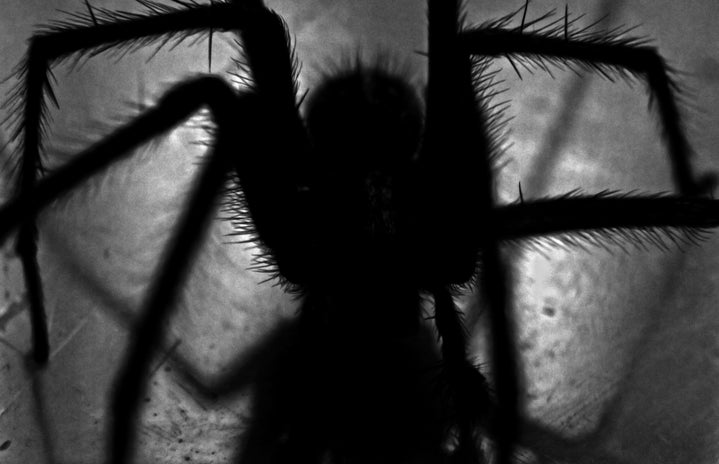It’s that time of the month when people get to go around covered in blood, smelling like alcohol and scaring little children. And no this isn’t exclusively for womxn. I’m talking about something much, much scarier, Halloween. It’s a time to celebrate the best pagan holiday in style where anyone can pretend to be whoever they want for one night only. For children, it’s a fun evening of dressing up and getting candy but for college students, it’s just another excuse to go out and get wasted with a bunch of good mates and some cheap liquor. But before you start picking your costumes, maybe it’s time to be a bit more considerate with what you’re going to wear to that next raucous house party?
There have been too many instances of cultural appropriation in recent weeks to just give every college kid a free pass this Halloween. Cultural appropriation is the act of taking or using aspects of another’s culture that is not your own, such as their ceremonial dress or jewellery of cultural or traditional significance, especially without showing that you understand or respect the culture itself. With controversies involving whitewashing or race swapping in the film industry, it might not be the best idea to go dress up as a ‘sexy Mulan’ if you’re less Asian than the Netflix Death Note adaption. The costume might be cute or funny for you, but it probably won’t be for the person whose culture you’re wearing. The cultural issue of blackface, especially in light of Stellenbosch students controversy, is something that always tends to rear its ugly head this time of year. Despite the fact that we should all know that blackfacing is wrong by now, especially with the history and context of the practice, it still happens. This is either because people genuinely don’t care or they’re too ignorant to understand why blackface is offensive in the first place. So, next time your friend Jacques wants to go to a Halloween party at Zhivago dressed as a Golliwog from Enid Blytons casually racist novels, maybe suggest something a tad more racially neutral, like a bright blue Smurf as it will be less likely to offend someone (unless you happen to be bright blue, at which point you should start applying for Cameron’s Avatar sequel).
#weareaculturenotacostume
Before everyone starts pointing out that these issues aren’t something you’ve personally experienced, I’d just like to point out that cultural appropriation involves a power dynamic in which members of a dominant culture take elements from a culture of people who have been systematically oppressed. This shows how privilege and appropriation go hand in hand because the dominant culture doesn’t acknowledge the significance of the culture they’re using as a costume. So, if you’ve never experienced this phenomenon yourself, then maybe it’s about time to acknowledge your privilege. So, before you pretend to be a boer waving an apartheid flag, or dressed in a Hijab with some wires and coils duct taped to your chest, maybe just think for a moment if its offensive to the group you’re portraying or offensive to other people who might not find that outfit to be that funny. The same applies to ableism, if you’re a massive superhero fan, it’s still no excuse to dress up as Charles Xavier and drunkenly wheel yourself around in a desk chair as a joke for half an hour when there are actually people who are permanently in wheelchairs. Now you might not think that your costume is particularly offensive but I’m sure anyone with such a disability would. These are normally good hints to see whether your costume is appropriate and not appropriation.
“Halloween costumes that are based on ethnic, racial, religious, gender, ability, and other cultural stereotypes are hurtful and reduce people’s identities into caricatures. “Your intent may be far different than the impact: what you might want to wear for one night of fun is a stigma that others wear for life.” – The Centre for Student Diversity


